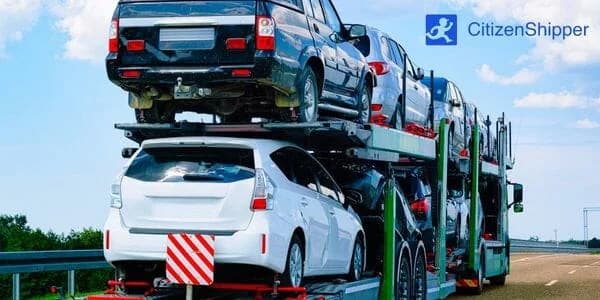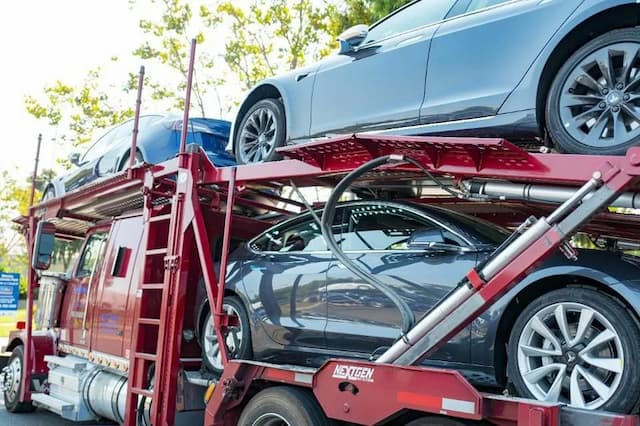Navigating Car Transport in Fort Worth, TX
When it comes to shipping your car in Texas, there's a world of factors to consider. Texas, with its vast highways, extreme weather conditions, and diverse urban-to-rural landscapes, presents a distinct set of circumstances. But don't worry! Here at CitizenShipper, we are committed to helping you navigate through it all. Whether you're moving into or out of Fort Worth or need to transport your car for any reason, our expert team is here to help.
Texas's Vehicle Transportation Laws & Regulations
In Texas, car transportation laws and regulations are in place to ensure the safety and preservation of all vehicles and public roadways. Auto transporters must adhere to the Federal Motor Carrier Safety Administration (FMCSA) regulations for safety. Compliance involves ensuring that all vehicles are properly secured during transport and maintaining necessary documents for every shipped vehicle.
All auto transporters operating in Texas must also possess an active MC Docket number, issued by the FMCSA. This number signifies that a transportation company is registered under the federal government, allowing them to legally operate across state lines. Additionally, Texas requires commercial carriers to have specific insurance coverage that meets state minimums, which is important to verify before choosing a transport service.
Weather & Terrain Considerations in Fort Worth, TX
Weather patterns in Fort Worth, TX have a significant impact on car shipping. With its humid subtropical climate, Fort Worth experiences hot summers with temperatures frequently exceeding 100°F and mild winters. The city is also prone to severe thunderstorms, occasional tornados, and flash flooding during spring and early summer, which can temporarily disrupt transportation schedules.
Fort Worth's terrain is predominantly flat to gently rolling, making it generally accessible for auto transporters. However, the city's rapid growth has led to increased traffic congestion, particularly around downtown and major highways like I-35W, I-30, and I-820. When planning car shipping to or from Fort Worth, it's wise to factor in potential traffic delays, especially during rush hours. The city's location in North Texas also means that winter ice storms, while infrequent, can cause significant transportation disruptions when they do occur.








